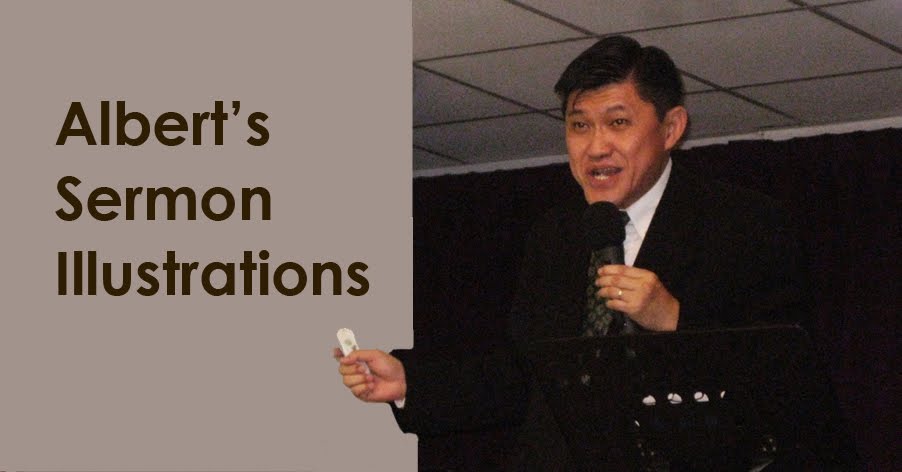 |
The Cambridge Seven
C.T. Studd, M. Beauchamp, S.P. Smith,
A.T. Polhill-Turner, D.E. Hoste, C.H. Polhill-Turner, W.W. Cassels |
I
have been preaching a sermon that uses the Cambridge Seven as models of faith. These men had served their generation and now it is our turn to serve ours. The bible is clear that God watches over lives that serve their generations. King David is a very good example:
For when David had served God's purpose in his own generation, he fell asleep; he was buried with his fathers and his body decayed. (Acts 13:36)
David served his generation and he was known as a man after God's own heart (Acts 13:22). In the same verse, the bible says that 'he will do everything I want him to do'. Even David made a lot of mistakes, he was still an obedient servant of God.
Looking at the 1800s, little known stories of heroes of faith were being created by committed servants of God. In 1881, Harold Schofield who was a young missionary doctor, serving in the northern province of Shansi, China, was suffering from typhus. He was bed-ridden but that did not stop him from praying. He asked God for a replacement, knowing full well that he may not recover. He prayed that God will send graduates from England's top colleges to evangelize China. On August 1, 1883, Harold Schofield went home to be with the Lord. This dear brother was only 31 years old.
Did God answer his prayer? Yes, In February, 1885, Schofield's prayer was answered as seven Cambridge students volunteered to leave behind cosy lives of wealth and privilege to serve God in whatever way they were led. These men became known as THE CAMBRIDGE SEVEN. They were namely:
- Charles Thomas Studd
- Montagu Harry Proctor Beauchamp
- Stanley P. Smith
- Arthur T. Polhill-Turner
- Dixon Edward Hoste
- Cecil H. Polhill-Turner
- William Wharton Cassels
At the commissioning service of the Cambridge Seven, they said, "Pray that God may keep us faithful".
These seven inspired thousands of others to think seriously of missionary service. Included among the Cambridge Seven was C.T. Studd, captain of England and the finest cricketer of his day - if he could give all that up, then so could anyone! Many were inspired to serve God. In 1885, there were only 163 missionaries serving in China Inland Mission. By 1890, that number had doubled and by 1900, there were 800 active missionaries serving God in China through China Inland Mission. That represented one-third of the entire Protestant missionary force of those days.
Here are some details of what happened to the Cambridge Seven:
William Wharton Cassels (1858 - 1925)
William worked in China for 10 years and then returned to England in 1895 where he was consecrated as the new Bishop of a new diocese in Western China. He then returned to Western China — he ministered here until his death in 1925.
Stanley Peregrine Smith (1861 - 1931)
Stanley was sent to North China. Here he learned the Chinese language and soon became as fluent a preacher in Chinese as he was in English. He died in China on January 31, 1931.
Charles Thomas Studd (1860 - 1931)
A famous England cricketer - he was sent home because of ill health in 1894. Later he worked in India and Africa and was the founder of WEC. He died in 1931in Ibambi, Belgian Congo.
C. T. Studd was the one who penned this famous quote: "Some want to live within the sound of church or chapel bell; I want to run a rescue shop within a yard of hell". When he was old, some of his critics asked him to go home and retire. Studd refused, He said, "God has called me to go, and I will go. I will blaze the trail though my grave may only become a stepping stone that younger men may follow".
Cecil Polhill-Turner (1860 - 1938)
Cecil served God in North West China and also Tibet. He and his wife were nearly killed in 1892 in a riot. In 1900, his health failed and was sent home to England. He made seven prolonged missionary visits. In 1908 in Sunderland he became the leader of the Pentecostal Missionary Union and was greatly used in the formation of the Pentecostal Movement in Britain.
Arthur Polhill-Turner (1862 - 1935)
Arthur was ordained as a minister in 1888. He moved to the densely populated areas to reach as many people as he could. He remained in China throughout the uprisings against foreigners and did not leave there until 1928, when he retired and returned to England. He died in 1935.
Sir Montagu Harry Proctor Beauchamp (1860 - 1939)
In 1900 Montagu was evacuated from China because of the uprisings but returned again to China in 1902. He then returned again to England in 1911 and served as a chaplain with the British Army. His son became a second-generation missionary in China and in 1935 he went back to China; he died at his son's mission station in 1939
Dixon Hoste (1861 - 1946)
Dixon succeeded Hudson Taylor as the Director of the China Inland Mission and for thirty years, he led the Mission. He retired in 1935 but remained in China until 1945, when he was interned by the Japanese. He died in London, in May 1946 and was the last remaining member of the "The Cambridge Seven" to die.
Dixon said, "The man who does not learn to wait upon the Lord and have his thoughts molded by Him will never possess that steady purpose and calm trust, which is essential to the exercise of wise influence upon others, in times of crisis and difficulty."
These faithful men had served God for their generation. Their testimonies proved that when lives are fully committed to the Lord, they will create great impact upon their generation for the kingdom of God. May God raise up more faithful men and women to serve our generation.
By Rev Albert Kang
For further reading, please check out these publications: The Cambridge Seven by J.C. Pollock; A Cambridge Movement by J.C. Pollock; C.T. Studd: Cricketer and Pioneer by Norman Grubb; Student Volunteer Movement (notes) by Charles Mott.
































